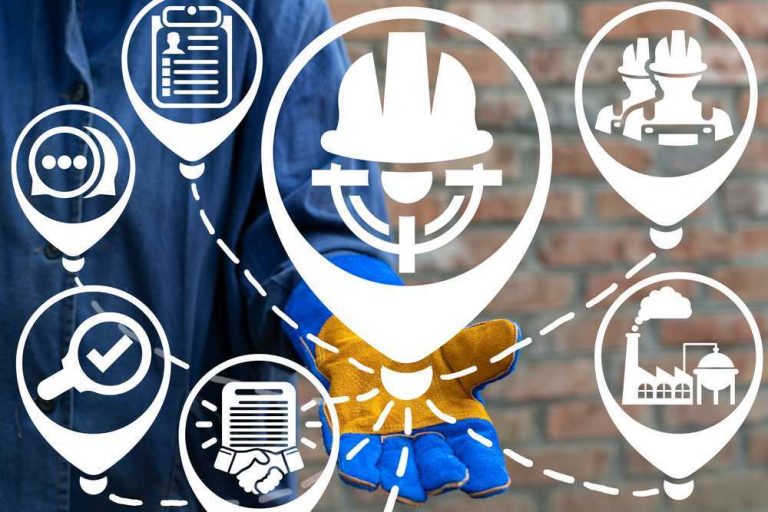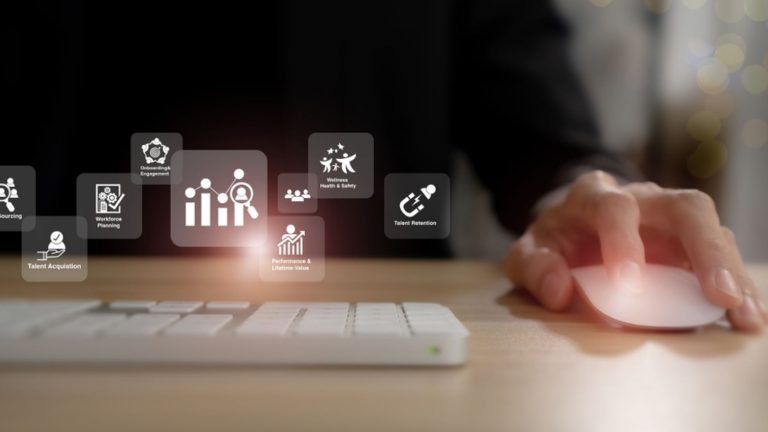Can Artificial Intelligence replace the role of human workers? This is a question that has sparked controversy online. However, the global AI market is expected to reach over $1.8 billion by 2030. Among many others, companies are beginning to use AI in their recruitment process. Recruitment involves different skills, tasks, and specialties. It requires organization and data assessment.
If you’re wondering how AI in recruitment works one thing to note is that humans are still involved in the process. AI’s job is to help you be efficient. It changes the way you attract, screen, and hire talent.
This article will explain how to incorporate AI into your recruitment process. But first, let’s shed some light on what AI for recruitment is.
What Is AI for Recruitment?
AI for recruitment refers to using artificial intelligence in the hiring process. The aim is to help automate various aspects of recruitment. It allows recruiters to leverage the power of data to make decisions.
AI can assist in sourcing and screening candidates, analyzing resumes and job applications, conducting pre-employment assessments, and even predicting candidate cultural fit.
When you use AI you can save the time and effort it would normally take to execute these tasks. It also reduces any form of bias that might occur.
The Benefits Of AI In Recruitment
Using AI in recruiting can make hiring and bringing new people onto your team easier. Finding the right candidates usually involves various paperwork and lots of back-and-forth messages, scheduling, and sorting through piles of information. But adding AI tools to the hiring process does more than just lighten the load. It also has the following benefits:
Shorter time-to-hire:
Hiring can be time-consuming and expensive. Reducing the timeline without compromising the quality of talents is in your best interest. An example of a tool that can help you with this is InterviewHQ.
Better candidate experience:
Showing candidates that you appreciate their time and effort means having a straightforward and organized process that keeps them and others involved updated along the way.
Less bias in hiring:
Using data-driven insights can cut down or remove unconscious biases in hiring, ensuring a fair and consistent process for every candidate.
Improved performance:
Delegating repetitive or data-intensive tasks to AI recruiting tools allows hiring teams to concentrate their time and expertise on other aspects of the process that demand a human touch.
Cost Efficiency:
Automating repetitive tasks with AI reduces the need for manual labor, cutting down on hiring costs associated with the recruitment process.
Scalability:
AI-powered tools efficiently handle large applicant volumes, which allows you to easily expand your recruitment efforts.
Passive Candidate Identification:
AI tools search various online platforms to pinpoint passive candidates with the necessary skills and experience, even if they haven’t directly applied.
Continuous Enhancement:
AI systems learn from past interactions and results, continually improving their performance and precision over time.
Tailored Experience:
AI personalizes the candidate experience by offering customized content and recommendations based on each candidate’s background and interests.
Employee Retention:
AI analyzes employee data to detect patterns indicating potential retention issues, empowering organizations to enhance employee satisfaction and minimize turnover proactively.
Enhanced Collaboration:
Many applicant tracking systems integrate AI for recruiting, providing a central information hub that facilitates stakeholder communication and input.
Analytics Reporting:
AI recruiting tools’ data analysis and reporting streamline HR compliance and provide measurable metrics for decision-making.
How Does AI for Recruitment Work?
Resume Screening: AI tools like interviewhq can scan resumes for keywords, skills, and experience, ranking candidates based on their fit for a particular role. This helps recruiters identify top candidates more efficiently.
Candidate Sourcing: AI tools can search online job boards, social media platforms, and other sources to identify potential candidates who match the requirements of a job posting.
Chatbots and Virtual Assistants: AI-powered chatbots can engage with candidates, answer their questions, schedule interviews, and provide feedback, improving communication and speeding up the hiring process.
Predictive Analysis: AI can analyze historical hiring data to predict which candidates are likely to succeed in a role based on factors such as past performance, skills, and cultural fit.
Interview Analysis: AI can analyze video interviews to assess candidate responses, facial expressions, and body language, providing insights to recruiters about candidate suitability.
Offer and Onboarding: Offer and onboarding are key stages where making a good impression matters. Thanks to AI tools, you can create enjoyable onboarding experiences for new hires.
Final Thoughts
The growing use of AI for recruitment is becoming widespread. Tech experts are consistently improving AI models to enhance recruitment efficiency.
AI is speeding up things. You can now recruit, conduct interviews, and hire candidates faster with a tool like interviewhq. However, while AI is changing the recruitment process, the human element remains crucial and cannot be overlooked.




